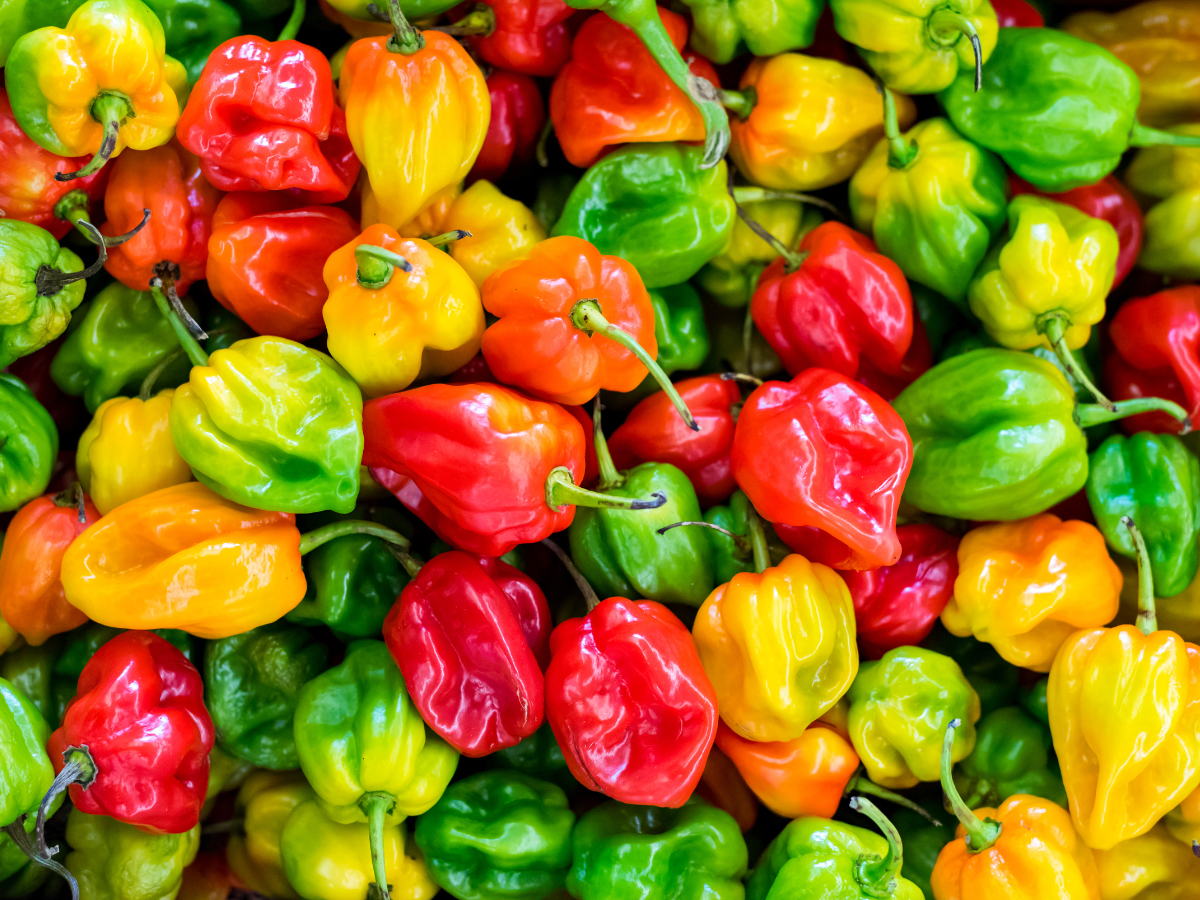Maximizing Capsicum Yield: Smart Farming Solutions for the Middle East

Capsicum cultivation in the Middle East presents unique challenges due to the region’s arid climate and scarce water resources. However, with the implementation of smart farming techniques, farmers can optimize their yields while conserving resources and mitigating environmental impact. In this blog post, we will explore innovative strategies and technologies tailored to enhance capsicum production in the Middle East.
Climate-Smart Cultivation Techniques:
- Drip Irrigation Systems: Given the scarcity of water in the Middle East, drip irrigation systems prove indispensable. They deliver water directly to the roots of capsicum plants, minimizing wastage and optimizing water use efficiency.
- Shade Netting: Protect capsicum plants from the scorching sun by employing shade netting. This reduces heat stress, prevents sunburn, and maintains optimal growing conditions.
- Mulching: Mulching conserves soil moisture, suppresses weed growth, and regulates soil temperature. Organic mulches like straw or compost are particularly beneficial in retaining moisture in the soil.
Precision Agriculture Technologies:
- IoT Sensors: Install IoT sensors to monitor crucial parameters such as soil moisture levels, temperature, and nutrient content in real time. This data enables farmers to make informed decisions regarding irrigation scheduling and fertilization, optimizing crop growth.
- Remote Monitoring Systems: Utilize remote monitoring systems to keep track of crop health and detect anomalies early on. This proactive approach allows for timely interventions, minimizing crop losses.
- Data Analytics and AI: Employ advanced analytics and AI algorithms to analyze farming data and provide actionable insights. Predictive analytics can forecast crop yields, disease outbreaks, and pest infestations, empowering farmers to take preemptive measures.
Sustainable Pest and Disease Management:
- Biological Control: Implement biological control methods such as introducing natural predators or beneficial microbes to combat pests and diseases. This approach reduces reliance on chemical pesticides, promoting ecological balance.
- Integrated Pest Management (IPM): Adopt an IPM approach that combines cultural, biological, and chemical control methods judiciously. This minimizes pesticide usage while effectively managing pest populations.
- Crop Rotation: Rotate capsicum crops with non-host plants to disrupt pest life cycles and prevent the buildup of pathogens in the soil. This practice enhances soil health and reduces the incidence of diseases.
Vertical Farming and Greenhouse Innovations:
- Vertical Farming: Explore vertical farming techniques to maximize space utilization and increase capsicum yields per square meter. Vertical hydroponic systems offer a controlled environment for optimal plant growth and resource efficiency.
- Greenhouse Automation: Implement greenhouse automation systems for precise control over environmental variables such as temperature, humidity, and CO2 levels. Automated irrigation and nutrient delivery systems ensure consistent crop production while minimizing labor requirements.
By embracing smart farming practices tailored to the specific challenges of capsicum cultivation in the Middle East, farmers can enhance productivity, conserve resources, and contribute to sustainable agricultural development. With the integration of climate-smart techniques, precision agriculture technologies, sustainable pest management strategies, and innovative greenhouse solutions, capsicum farming in the region can thrive even in the face of environmental constraints. Embracing innovation is key to unlocking the full potential of agriculture in the Middle East while ensuring food security and environmental stewardship for future generations.






